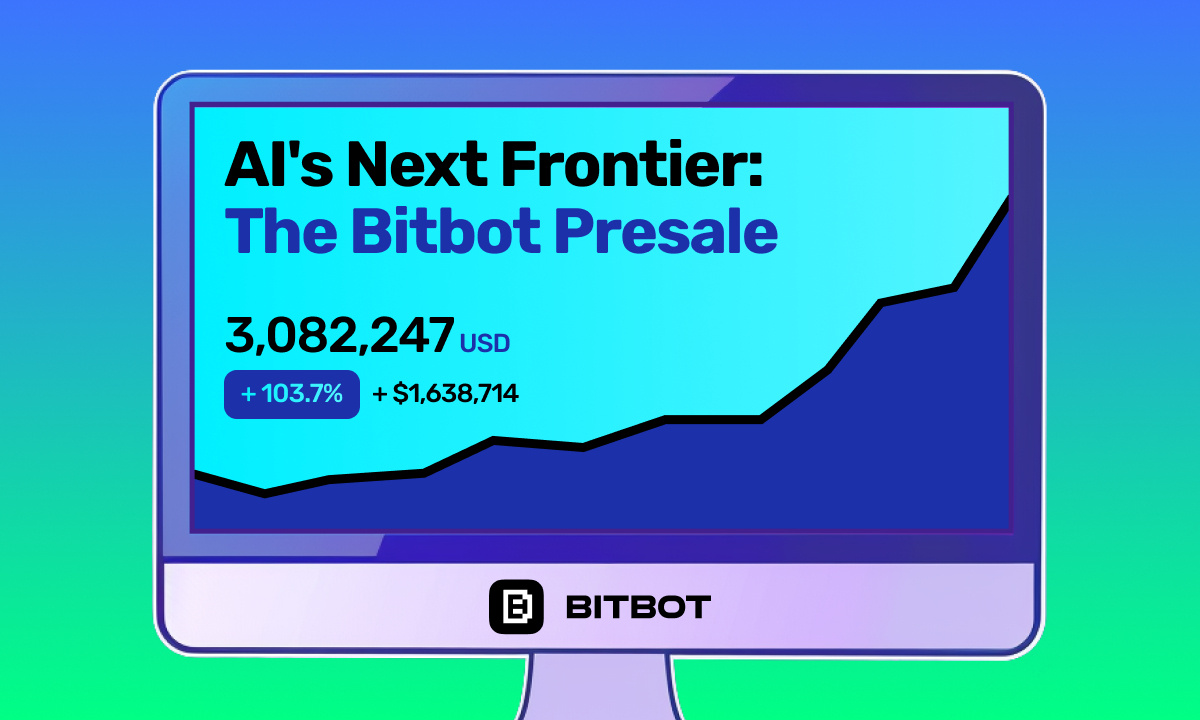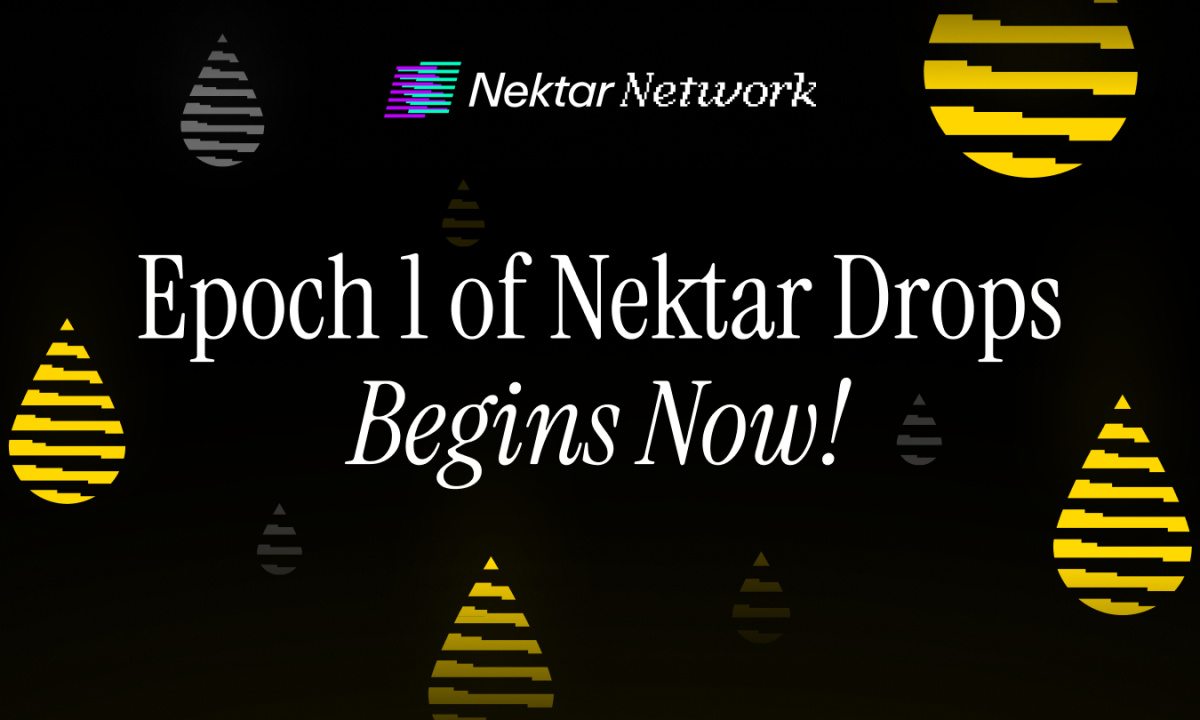Key Points:
- PoW seems to be out of the SEC’s radar in the lawsuits against Coinbase and Binance.
- Gary Gensler pointed out that both platforms allow traders to exchange hundreds of tokens, and the agency only has to show that one token is an unregistered security.
- Gensler argues that aside from Bitcoin, all tokens are not considered.
It seems that Proof of Work (PoW) tokens have not been on the radar of the leading US agency. DCG founder Barry Silbert stated that PoW tokens (such as BTC, LTC, XMR, ETC, ZEC, etc.) are not included in any US Securities and Exchange Commission (SEC) lawsuit.
Earlier, the US Securities and Exchange Commission sued Coinbase, the biggest US cryptocurrency exchange, for violating US securities rules by acting as an unregistered broker, exchange, and clearing agency.
The complaint follows a similar action brought by the government on Monday against Binance, the world’s biggest cryptocurrency exchange.
The SEC identified stocks in suing Binance as SOL, ADA, MATIC, FIL, ATOM, SAND, MANA, ALGO, AXS, and COTI. The SEC classified SOL, ADA, MATIC, FIL, SAND, AXS, CHZ, FLOW, ICP, NEAR, VGX, DASH, and NEXO tokens as securities in its lawsuit against Coinbase.
In an interview with CNBC, Gensler said that it is up to individuals to decide what they want to invest in. Nonetheless, he claims that the law requires service providers to appropriately disclose their goods and services.
“Without that proper disclosure, the public can’t answer the question as to whether it’s just, as you say, counterfeiting, or it’s a scam, or something else.”
According to Gensler, without sufficient disclosures, investors are “just chasing after something,” which is exacerbated in a sector riddled with “hype, and hucksters and fraudsters.”
When asked about the SEC’s prospects of succeeding in its lawsuits against Coinbase and Binance, Gensler pointed out that both platforms provide hundreds of tokens to trade, and the agency only has to establish one token an unregistered securities.
“All we have to show is that one of them is a security and that they should be properly registering and having rulebooks against fraud, manipulation as an exchange, broker, and alike… And we’re very confident in this.”
Proof of Work (often abbreviated as PoW) is a consensus algorithm used to prevent 51% attacks or double-spending. Cryptocurrencies like Bitcoin are using PoW consensus to confirm transactions and produce new blocks added to the chain. With PoW, miners compete to complete transactions on the network in exchange for rewards for their speed and accuracy.
Originally, Gary Gensler said that Bitcoin is not a security but rather a commodity regulated by the Commodities Futures Trading Commission (CFTC). He also asserted that everything but Bitcoin is a security, which has enormous ramifications for how cryptocurrencies and digital assets are regulated in the United States.
DISCLAIMER: The Information on this website is provided as general market commentary and does not constitute investment advice. We encourage you to do your own research before investing.
Join us to keep track of news: https://linktr.ee/coincu
Harold
Coincu News





















